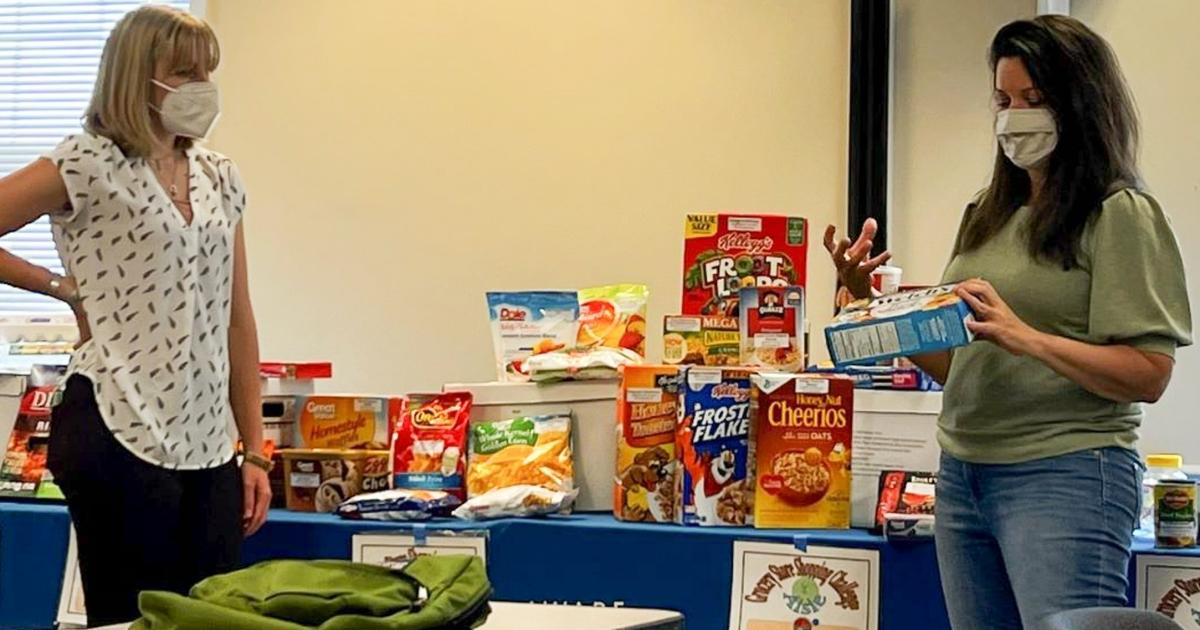
Category: Cooperative Extension

Volunteer to improve the health of your community
July 21, 2022 Written by Gina Crist — Community Health Specialist - FCS Program Leader
Well Connected Communities is an effort to cultivate wellness across the country. America's Cooperative Extension System and the University of Delaware, in partnership with the National 4-H Council, are equipping volunteer leaders to help their neighbors be healthier at every stage of life!
With the support of the Robert Wood Johnson Foundation (RWJF), the nation's largest philanthropy dedicated solely to health, these communities are cultivating wellness and fostering a Culture of Health in America.
We encourage individuals who want to make a difference in their communities to become Master Wellness Volunteers. These people will help create a culture of health where they live, learn, work and play; and are devoted to changing the health of the residents of communities across the state. As part of the work Extension does with partners across the state, there are specific projects that need volunteer support.
How do I become a volunteer?
Complete 40 hours* of training on public health, youth and adult partnerships and specific content around a track of interest:
- 6 hours of in-person core content
- 17.5 hours of online core content training
- 10 hours of experiential learning in a topic area of your choice
- 3.5 hours of practicum – practicing curriculum, shadowing someone else teaching, attending events with an agent, etc.
Choose a track and project of interest:
- Master Food Educator
- School and Community Garden Specialist
- Well-being Educator
What will I do as a volunteer?
- Become part of the Cooperative Extension team!
- Engage in ongoing learning opportunities around health and wellbeing
- Attend coalition meetings to learn more about community needs and current projects
- Engage in teaching in the community around specific topic areas
- Work on projects that change environments to better support healthy choices
- Work in teams of youth and adults to identify and complete projects that focus on health and wellbeing.
*As noted, all volunteers will go through 40 hours of training. If an individual is already an Extension volunteer, some hours of training already taken will be honored toward this training.
Does this sound like you?
Sign up to join our next cohort of volunteers! Questions can be directed to Gina Crist at gcrist@udel.edu.
